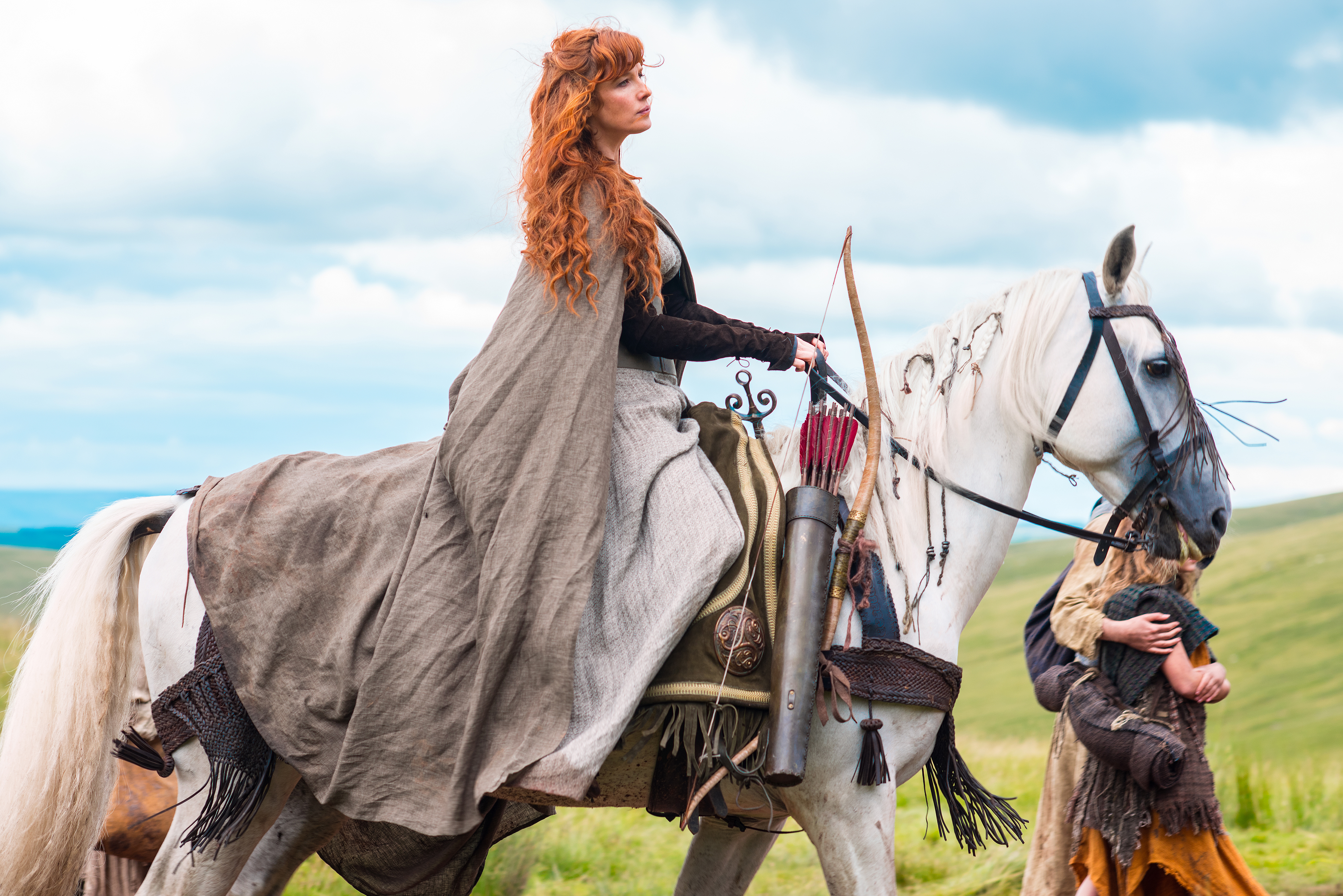Rome was supposedly founded by Romulus and Remus, who were suckled by a wolf. In fact they were twins, born to a princess and a god, were ordered to be killed, but were sent down the river in a basket instead.

Actually Romulus killed Remus when they couldn't agree which of the Seven Hills to build the city on.
Fewer people know about the two mythical brothers who led the Anglo-Saxon invasion of Britain - Hengist and Horsa. Although they were men they have one of those pairs of animal names like Geri and Freki (The Greedy One and The Ravenous One) or Hugin and Munin (Memory and Thought) - Odin's wolves and ravens.
Hest is still Norwegian for horse and Horsa is easily recognisable. Hengest was 'stallion' in Old English.
Probably no one remembers or cares, but I did discuss on here a while ago how our ancestors lost the names (in their languages) for 'bear', because they were scared of bears, so made it taboo to name them. In Russian 'bear' is basically 'The Honey-Knower', and in Germanic languages it comes from the same root as the word 'brown' (The Brown One).
They also think the word 'wolf' (/ulv etc.) comes from a PIE adjective meaning 'dangerous', although the name changed too far back to confirm this. We used to have terrible trouble with wolves in the British Isles before they were sadly made extinct. A lot of them were killed in wolf pits, which is a basic trap where you use/enlarge/dig a hole big enough that a wolf can't jump out of it, cover it with a flimsy but solid-looking network of branches, leaves etc. and put some bait on top, and the wolf falls in and is trapped. I suppose the bait would be on a pole to support its weight.
When the population got bigger and the country less wild, apparently large numbers of armed men would just assemble and chase the wolves into large pits. I used to live near an old wolf pit. Also the town of Woolpit, where the green children appeared in the Middle Ages, is named after one.
Interestingly, apparently there also was a taboo on naming horses, because they were considered sacred, so the original PIE word ekwos was partially lost, and the words for 'horse' in English and the Scandinavian languages basically mean 'The Runner' or 'The Fast One'. Note also the words 'hurry' and 'haste'. Will have to read more about this when I get time.
'Pferd/Paard' in German/Dutch comes from Latin, also, as I suspected, the archaic English word 'palfrey'. But as
@BroRogan has confirmed the old, Germanic word 'Roẞ' is still going in places.
Edit: Come to think of it 'horse' is 'hevonen' in Finnish, which sounds suspiciously like 'hippo' - horse in Ancient Greek. I wonder how that got there.

.








